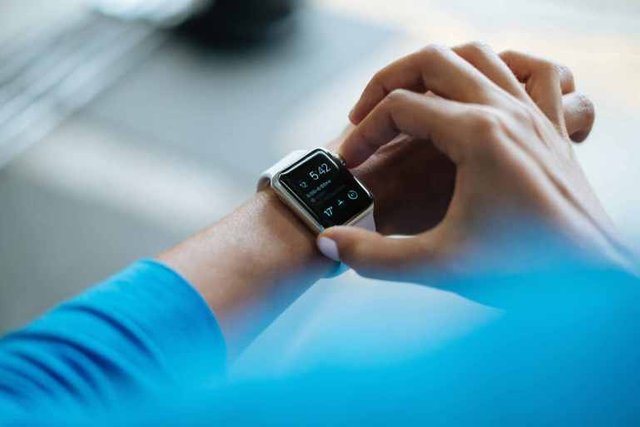15 min / day of food self-monitoring is an effective weight loss strategy

Losing weight easily and healthily, or simply wanting to stay in one's healthy weight zone, is sometimes a winding and complex path.
However, is a strategy for effective weight loss really to be difficult and restrictive?
A study published February 25, 2019 in the journal Obesity shows that food self-monitoring takes less than 15 minutes per day.
Indeed, food self-monitoring is considered the best predictor of the success of weight loss.
This practice is considered so unpleasant and time consuming that many people will not adopt it.
Yet a new study jointly conducted by the University of Vermont and the University of South Carolina (USA) shows for the first time how long it really takes.
In addition, the frequency of surveillance, and not the time spent on the process, was the key factor for study participants who had lost weight.

14.6 MIN / DAY IN AVERAGE OF FOOD MONITORING
Research shows that if you want to lose weight, the best predictor of success is monitoring and recording your calorie and fat intake throughout the day.
Nevertheless, food self-monitoring is generally considered unpleasant and tedious. Thus, those who wish to lose weight, lose first of all their desire to do so.
The researchers in this study suggest that the reality of food self-monitoring may be much less unpleasant than anyone imagines.
After 6 months of monitoring their food intake, the most successful participants in an online behavioral weight loss program spent an average of 14.6 minutes per day on this activity.
Program participants recorded calories and fat from all foods and beverages they consumed, as well as portion sizes and methods of preparation.
The study is the first to quantify how much time food self-monitoring actually takes for those who lose weight successfully.

THE POSITIVE CUMULATIVE EFFECT OF FOOD AUTOSURVEILLANCE
The authors of the study wanted to know how long food self-monitoring lasts to be effective and the answer shows that this strategy is accessible to as many people as possible.
To obtain these results, the researchers examined the dietary self-monitoring habits of 142 participants in an online behavioral weight control intervention.
For 24 weeks, participants virtually met weekly for an online session led by a qualified dietician.
In addition, participants recorded their daily food consumption online, leaving a record of time spent on the activity and the frequency with which they connected. All the information was extracted by the researchers to carry out the final study.
The highest performers in the cohort, who lost 10% of their body weight, spent an average of 23.2 minutes per day on self-monitoring in the first month of the program. In the sixth month, the time was 14.6 minutes.

BE REGULAR AND ADVANCE BY SMALL STEPS DOES ITS FRUIT
The study reveals that what was most predictive of the success of weight loss was not the time spent monitoring but the frequency of connections.
The authors note that "participants who took more time and included more detail did not perform better".
"Those who self-monitored at least 3 times a day and who followed day after day were the best performers. It seems to be the act of self-control itself that makes the difference, and not the time spent or the details included, "add the researchers.
Decreasing the time required for self-monitoring would be attributed to the increasing efficiency of participants in recording data and the progressive capacity of programs via a web-based tool.
Indeed, the current ability of tools to complete words and sentences automatically - what is called autocompletion - after only a few letters allows a huge time saving.

The results of this study could help many people to convince themselves to develop an effective strategy. The main thing to remember is the ability to set simple and regular behavioral goals.
Today it is possible to find many dietary surveillance applications and the majority of people have a smartphone almost graft in their hand.
Among the apps that do the trick, here's a non-exhaustive list: MyNetDiary, My FitnessPal, Lose It, Yazio, CalorieKing, FatSecret, Foodvisor, The Secret of Weight, Fitness Calorie Counter.
If it seems difficult to adopt food self-monitoring as a weight loss strategy, then you need to lose weight, spend time procrastinating on games or social networks and invest that time on your health. It is the most precious good.
EXTERNAL SOURCES
"Often Log, Lose More: Electronic Dietary Self-Monitoring for Weight Loss," The Obesity Society, Volume 27, March 2019 (online publication of February 25, 2019), Pages 380-384, https://doi.org/10.1002 /oby.22382, https://onlinelibrary.wiley.com/doi/10.1002/oby.22382
"We tested Foodvisor, the mobile application that counts the calories on your plate", https://www.sciencesetavenir.fr/nutrition/on-a-teste-foodvisor-l-application-mobile-qui-count-les -calories-in-your-assiette_121951